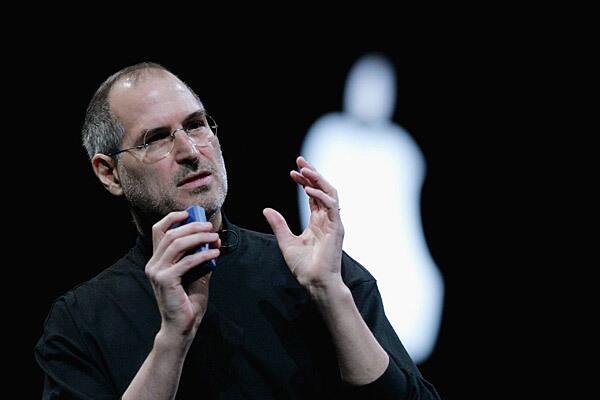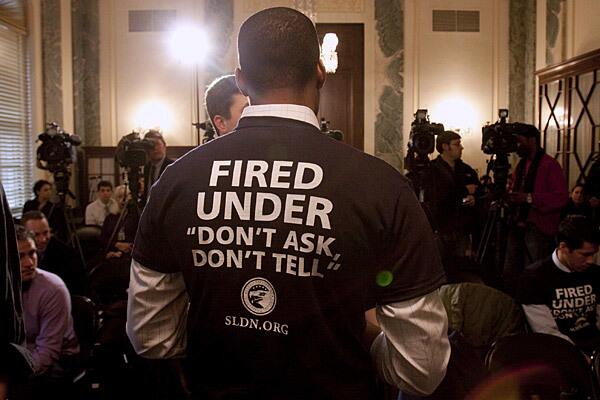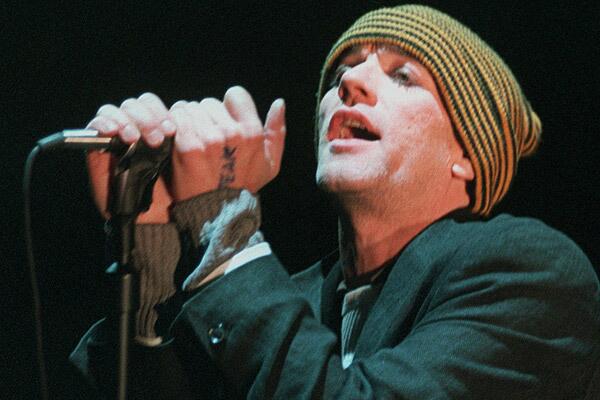End of an era in 2011

The decade-long search for

The 2003 U.S.-led invasion of Iraq ordered by then-President George W. Bush ousted Iraqi President Saddam Hussein. Almost nine years later, President Obama announced that all U.S. troops would leave the country by the end of 2011, ending the U.S. mission. Above, U.S. Marines near Najaf in 2004. (Carolyn Cole / Los Angeles Times)

Steve Jobs, the technology pioneer who co-founded Apple in 1976 and transformed one industry after another, from computers and smart phones to music and movies, died in October 2011. Jobs spoke of his desire to make “a dent in the universe,” bringing a messianic intensity to his message that technology was a tool to improve human life and unleash creativity. Obituary | Photos | Timeline | Full coverage (Justin Sullivan / Getty Images)

The military’s ban on gays serving openly in the
Advertisement

Regis Philbin reigned for decades as the comfortable and sometimes cantankerous morning host of “Live,” first with Kathie Lee Gifford and later Kelly Ripa, above. He earned Emmy nominations by the armful, hosted New Year’s Eve specials, rode in parades, set a record for the most face-time hours on television and helped reinvigorate prime-time game shows with “Who Wants to Be a Millionaire.” He was 88.
(Charles Sykes / Associated Press)

After 31 years in the business and 15 albums, the members of R.E.M., the Southern rock band from Athens, Ga., announced in September 2011 that they were calling it quits. Nearly synonymous with the phrase “jangly guitars,” R.E.M. helped forge the jangle pop movement of the mid-’80s, a sound that braided together Byrds-style ‘60s pop and power pop’s raw energy with folky overtones. Above, lead singer Michael Stipe in 1998. Photos (Kirk McKoy / Los Angeles Times)



